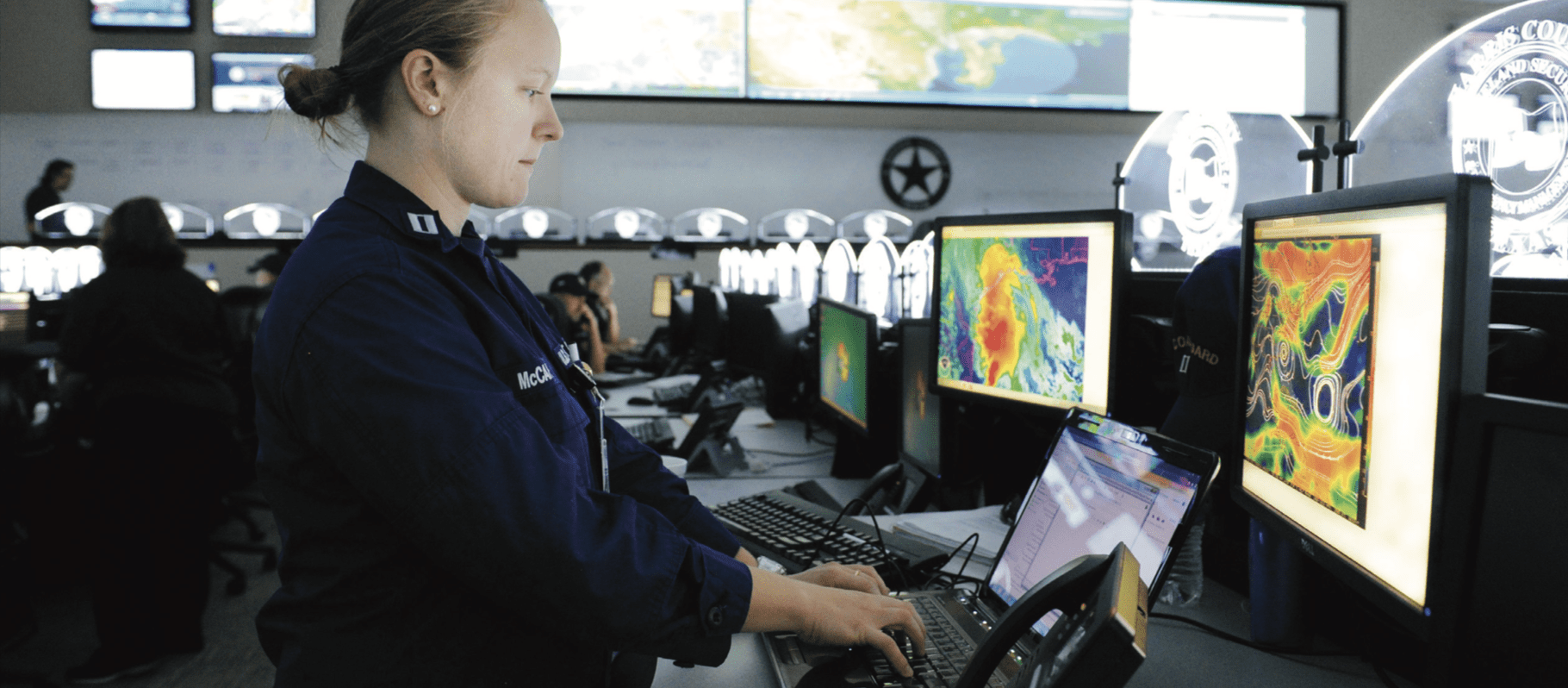
Supplement your Degree with an Interdisciplinary Minor in Disaster Management (18 credit hours) at EKU
What do earthquakes, hurricanes, floods, wildfires, building collapses, hazardous material incidents, pandemics, and terrorist attacks have in common?
Consider the social impacts of terrorism or the environmental consequences associated with oil spills. The economic disruptions caused by hurricanes, wildfires, and global pandemics are significant and reach well beyond local, state, and national boundaries. In fact, disasters commonly disrupt the economy, the operation of businesses, infrastructure systems, and government services. Regrettably, they may also result in loss of life and damage to property and the environment.
Experts predict that the frequency of extreme events and their costs will continue to climb. To help confront this challenge, the Disaster Management concentration at Eastern Kentucky University provides students an opportunity to study disaster phenomena and formulate 21st century mitigation, preparedness, response, and recovery strategies. Courses offered in support of this concentration provide applied and experiential learning environments in the form of disaster simulations and exercises, and reinforce many professional skills, such as risk and geospatial analysis, and planning associated with disaster resilience.
Given that all aspects of society are impacted by disasters, students from diverse backgrounds and academic disciplines are encouraged to consider the value of adding disaster management to their undergraduate or graduate portfolios.
Career Opportunities
State and Local Government
Emergency Management
Fire Service
Homeland Security
Law Enforcement
Public Health
Private Sector
Healthcare
News Media
Retail
Security Operations Utility Providers
Federal Government
Federal Emergency Management Agency
Centers for Disease Control and Prevention
U.S. Forest Service
U.S. Military Services
Nonprofit Organizations Active in Disasters
American Red Cross
Americares
The Salvation Army
Minor in Disaster Management Requirements
Minor Requirements 18 Total Credit Hours
Required – 9 Hours | Electives – 9 Hours
Required Courses
HLS 260 Disaster Preparedness and Response
HLS 461 Disaster Resilience
HLS 491 Disaster Planning and Exercises
Electives
HLS 349 Cooperative Study/Internship
HLS 391 Risk Analysis
HLS 445 Field Experience
HLS 455 Independent Study
HLS 465 Unconventional Threats
GEO 325 Environmental Land Use Planning
GEO 353 Geographic Information Systems
GEO 453 Adv. Geographic Information Systems
GEO 456 Remote Sensing
Course Descriptions
HLS 260 – Disaster Preparedness and Response
Examines disaster preparedness and response context, concepts, theories, principles, programs and requirements. Students apply course concepts using case studies and real-world scenarios.
HLS 391 – Risk Analysis
History and process of vulnerability and risk assessment (VRA) as it relates to the protection of critical assets and infrastructure. Instruction in common VRA techniques used in both the public and private sectors.
HLS 461 – Disaster Resilience
Concepts, theories, principles, programs, and requirements of pre- and post-disaster hazard mitigation; governmental programs, planning and practice; hazard and threat modeling and analysis; team building; case studies; project development.
HLS 465 – Unconventional Threats and Responses
This course addresses concepts, theories, laws and authorities, principles, programs and requirements associated with unconventional threats to our nation that most likely would result in mass casualties, and pose large-scale responses and cascading threats.
HLS 491 – Disaster Planning and Exercises
Emergency planning requirements, methods, and applications for all levels of government and businesses, including hazard mitigation and emergency operations planning.
GEO 353 – Geographic Information Systems
Introduction to GIS principles, methods, operations, mapping, and applications. Topics include spatial data, databases, GIS analysis, models, site suitability, environmental and social applications, and more.
GEO 453 – Advanced Geographic Information Systems
Advanced concepts, operations, and applications of raster and vector GIS. Spatial analysis using scanning, imagery, GPS, global data sets, and derived data for natural and social applications. Use of standards, metadata, open GIS, and other advances.
GEO 456 – Remote Sensing
Principles, data sources, acquisition, interpretation, analysis, and application of geographic imagery, including maps, air photos, shuttle photography, and satellite digital data. Hands-on emphasis using ERDAS software.
* Additional courses at EKU may support disaster management and meet elective requirements.